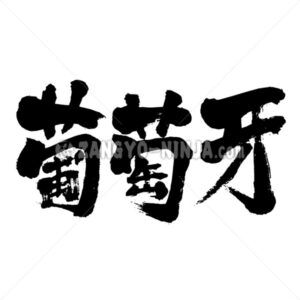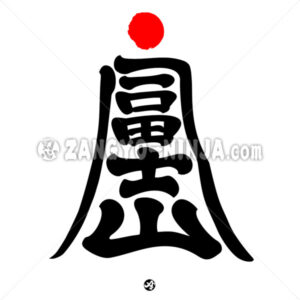
1. the branch of biology concerned with the relations between organisms and their environment.
2. the environment as it relates to living organisms
about Ecology
Originally, it refers to ecology, which is a discipline that focuses on the interrelationship between the environment and living things.
The term ecology ecology is the German biologist E. H. Heckel, who used the Greek word oicos oikos, which means a house that doubles as a residence and production site for ancient Greek citizens, and the logos logos, which means learning. It is a German English notation called Ökologie, which was created by synthesizing.
Ecologist, ecologist, ecology movement
Ecologism, which is a comprehensive expression of ecological sensibilities in politics, culture, and society, is an idea and sensibility that aims at coexistence between nature and humans, rather than referring to a single academic system or theory. People with such ideas and sensibilities are called ecologists. Originally, ecologists were people who tried to preserve endangered species of animals and plants, and accused them of environmental destruction and pollution. People called ecologists who develop the world will appear all over the world as new political forces.
Ecology and economic society
Human economic activity is not only a social phenomenon but also a natural phenomenon. It is an activity in nature that collects resources from nature and naturally disposes of something along with the process of production and consumption. In other words, the human economic society is a natural subsystem of the earth’s surface and has a constant interaction with the natural environment.
Without sufficient consideration for this interaction, as economic activity progresses, natural reactions can lead to various forms of difficulty and disability, sometimes jeopardizing the survival of society. Such problems have become widely recognized by people through the environmental destruction and resource and energy problems caused by postwar economic growth.



















